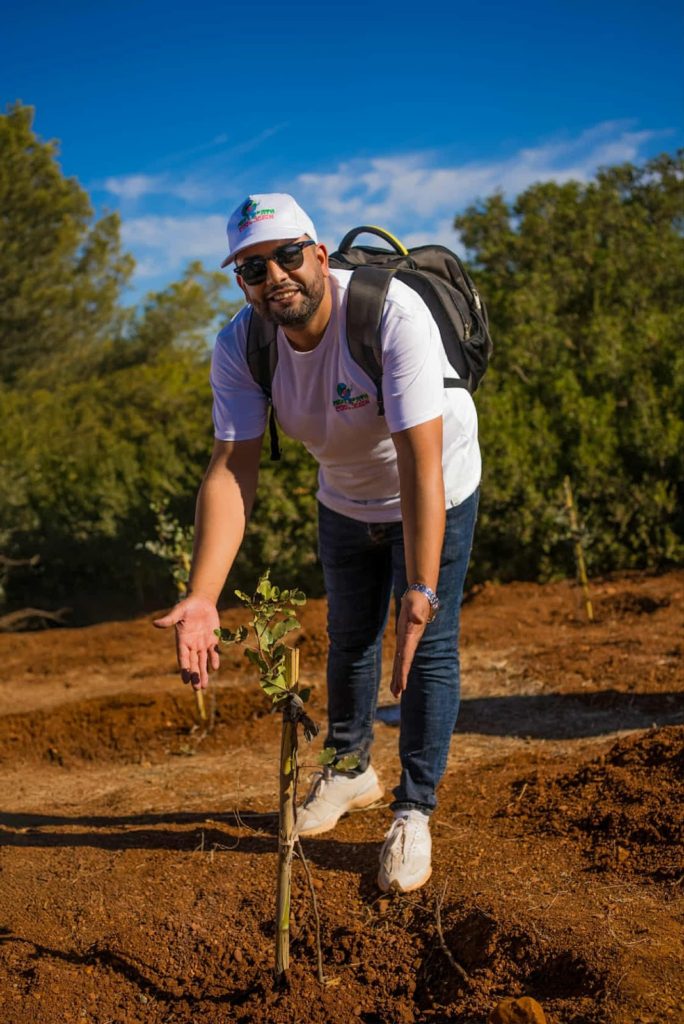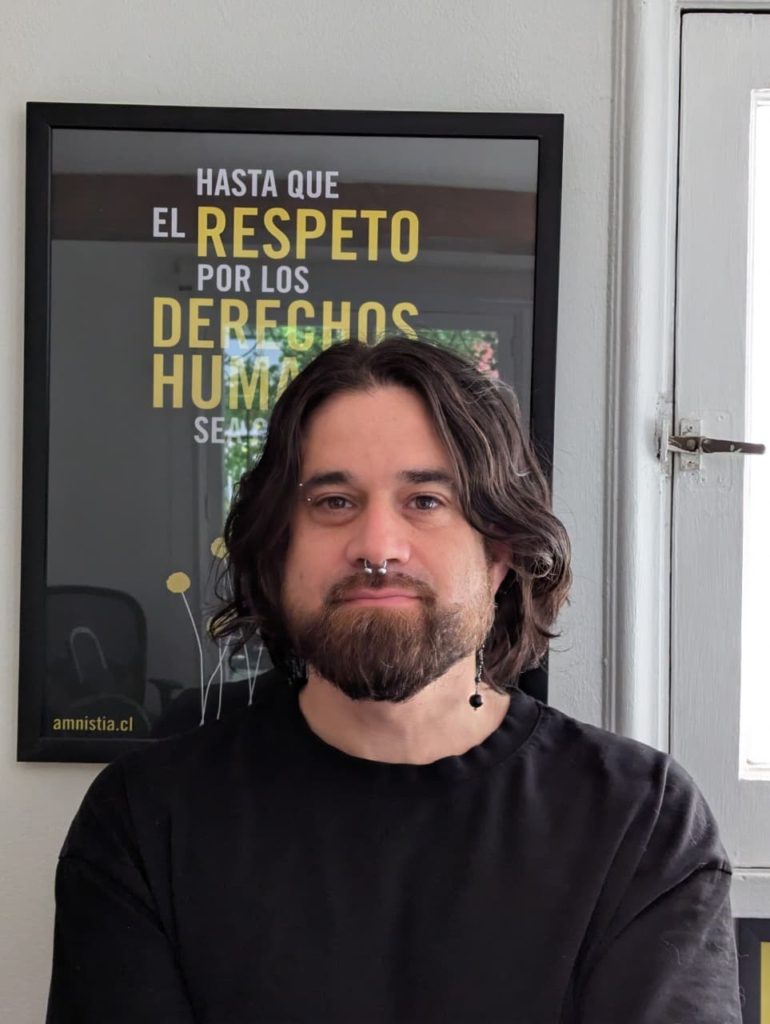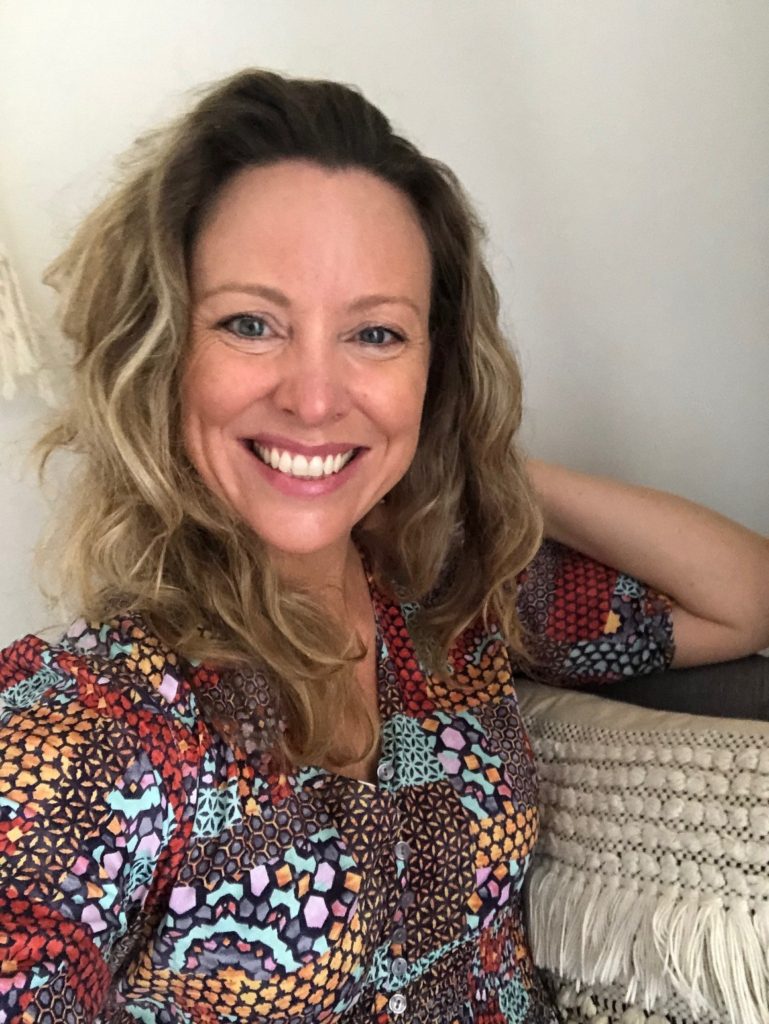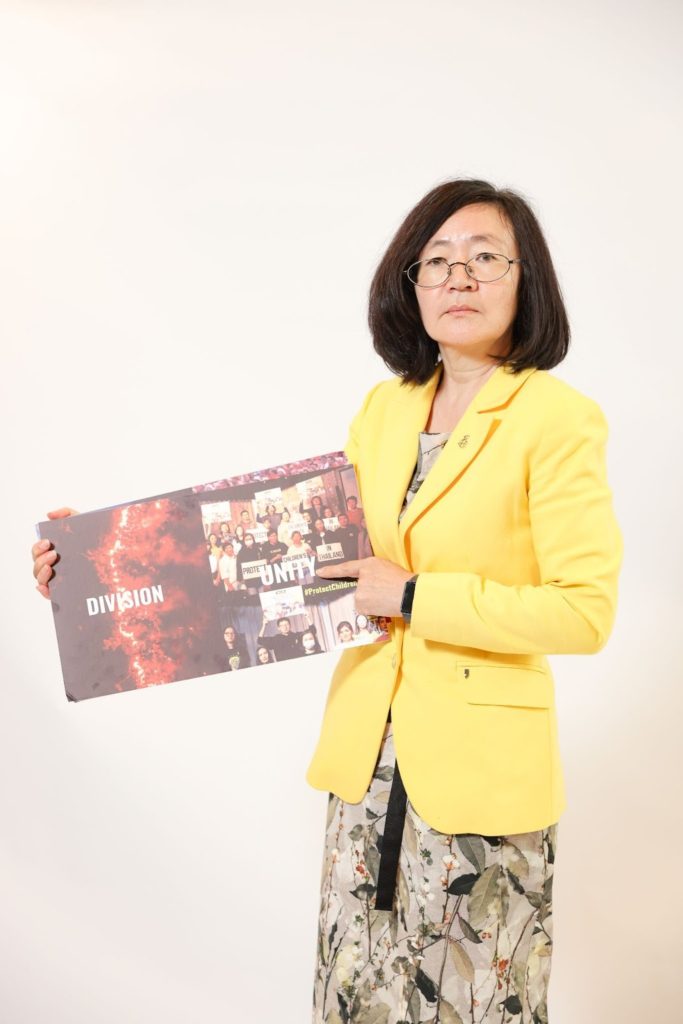We are excited to introduce the Human Rights Education (HRE) Network Advisory Group (NAG), a new collective of HRE practitioners from across Amnesty International who will be working together to strengthen our global HRE network and support HRE as a core capacity within our movement. This group brings together diverse experiences, local knowledge, and creative methodologies to help shape the future of HRE across the organisation. Its role is to support the Global HRE Network by offering ideas, insights, and practical suggestions that reflect the richness of our global community. After initially meeting online, members of the HRE NAG recently gathered in Nairobi, Kenya, for an important strategic moment to:
- Build relationships in a face-to-face environment.
- Share experiences of HRE implementation across all regions.
- Define the role of the Advisory Group moving forward.
- Plan key actions to help strengthen connections and capacity across the HRE Network.
For most attendees, this amazing opportunity meant a lot of travel (Alonso from Chile won ‘Most Hours/Days in Transit!’). For others, it also meant enormous amounts of preparation, both in the months leading up to the event and on the ground in the Nairobi office itself…but it was worth it! Numerous deep-dive sessions were run with and by participants to explore the untapped potential of our HRE Network and brainstorm how best to support its ongoing evolution.
Here are the top 3 takeaways of this unique intensive:
- HRE is more vital than ever
As we currently witness a normalization of authoritarian practices and narratives around the world, Human Rights Education plays an increasingly critical role in empowering activists with the knowledge, skills, and confidence they need to recognize and challenge such practices. Which makes this opportunity to revitalize Amnesty’s global network of HRE practitioners especially timely…and exciting! So, make sure you contribute your own insights and ideas to the future of our Network by completing the survey coming soon.
- Quality time is a game-changer
Meeting ‘in real life’ was the highlight for everybody in Nairobi, which is why building stronger connections across the entire HRE Network, and particularly within geographical regions, forms a big part of the long-term vision. Online interactions like webinars are incredibly helpful (and practical!), and the commitment is always to make as many of these as possible, but it’s also true that something special happens when colleagues have the chance to work together in more sustained and meaningful ways. As a network of diverse people having a wide range of experiences in our far-flung corners of the earth we are one thing (i.e. near strangers with HRE in common); but as a group of people who have laughed, listened and learned with one another on a deeper level we are quite another (i.e. unified collaborators with all sorts of things in common!).
- There is no such thing as a ‘silly question’
It turns out everybody has felt self-conscious about their level of knowledge or experience in an HRE space at one time or another, and this can limit all our learning. As the bonds of our HRE Network strengthen, increased camaraderie will help everyone to feel safe in speaking up – but, in the meantime, this is a very friendly reminder: we’re all feeling the same way in the same boat!
Meet the Members
Let’s get to know the members of the HRE Network Advisory Group, each bringing their own unique experience and energy to this collective effort. Their mandate runs for 18 months, during which they’ll be actively contributing to key processes and supporting the wider network.








What Next?
The Advisory Group is now working to turn these insights into action. You’ll soon receive a short survey to share your own experiences, needs, and ideas for the future of the HRE Network. Your input will help shape how we support capacity building, resource sharing, and collaboration going forward.
Gratitude
So many people went above and beyond to make the Kenya workshop such a resounding success, but special thanks go to Kate Moriarty, Ruth Zaldibar Garcia, Emily Maranga, Philcollins Omondi, and the entire Amnesty Kenya community. Finally, our sincere gratitude also goes to Sophia Scherer and the extraordinary team of four interpreters who worked tirelessly throughout to translate participants’ every word. The level of selflessness, skill, and patience was exemplary!
Let’s keep building a strong, inclusive, and impactful HRE Network together!!!





